Former South Korean President Moon Jae-in has been indicted on bribery charges, becoming the latest in a succession of the country’s leaders to face legal challenges after leaving office.
The indictment marks a new chapter in South Korea’s ongoing political polarization, where allegations of corruption and political retribution have frequently targeted both liberal and conservative figures.
The Jeonju District Prosecutors’ Office announced on Thursday that Moon, who served as president from 2017 to 2022, is accused of accepting a bribe in the form of financial benefits provided to his former son-in-law by a now-defunct Thai budget airline. Prosecutors allege that the airline, controlled by South Korean businessman and ex-lawmaker Lee Sang-jik, employed Moon’s son-in-law in an executive role despite his lack of qualifications, compensating him with approximately 217 million won (around $150,000 USD) in salary and housing benefits between 2018 and 2020.
Prosecutors argue that this arrangement constituted a bribe to Moon, facilitated through his influence in helping arrange the job and the son-in-law’s relocation to Thailand. Lee, who previously led a government agency under Moon’s administration and later served as a lawmaker for Moon’s Democratic Party, has also been indicted on a related bribery charge. He is currently serving a prison sentence for earlier convictions on embezzlement and election-law violations.
Neither Moon’s daughter nor his former son-in-law, who have since divorced, were indicted. In a statement, Moon’s legal team and allies from the Democratic Party dismissed the charges as politically motivated. They criticized the prosecution, led by individuals appointed during the conservative administration of President Yoon Suk Yeol, accusing them of using the indictment to deflect attention from Yoon’s own legal troubles, including an ongoing trial on insurrection charges.
“This is nothing more than a political indictment,” the Democratic Party said, arguing there was no legal basis to classify legitimate employment compensation as bribery.
They also accused the prosecution of attempting to interfere with the upcoming presidential election scheduled for June 3.
Moon’s indictment adds to a historical pattern in South Korea where former presidents frequently face legal scrutiny. In the past two decades alone, four former leaders—including Park Geun-hye and Lee Myung-bak—have been convicted and imprisoned, while former President Roh Moo-hyun died by suicide in 2009 during a corruption investigation.
The political implications of Moon’s indictment remain uncertain. While liberal candidate Lee Jae-myung is currently favored in the upcoming election amid conservative disarray following Yoon’s impeachment, Lee himself is also facing legal challenges.
Moon, a former human rights lawyer, is remembered for his efforts to engage North Korea in dialogue and reduce military tensions. He helped broker meetings between North Korean leader Kim Jong Un and former US President Donald Trump, although those diplomatic efforts eventually stalled. Domestically, his administration faced criticism over rising housing prices, but was credited with a relatively successful pandemic response.
Since stepping down, Moon has lived in southeastern South Korea and remained an outspoken critic of Yoon’s policies, especially following Yoon’s controversial attempt to impose martial law late last year.
The Associated Press, the New York Times, and Al Jazeera contributed to this report.
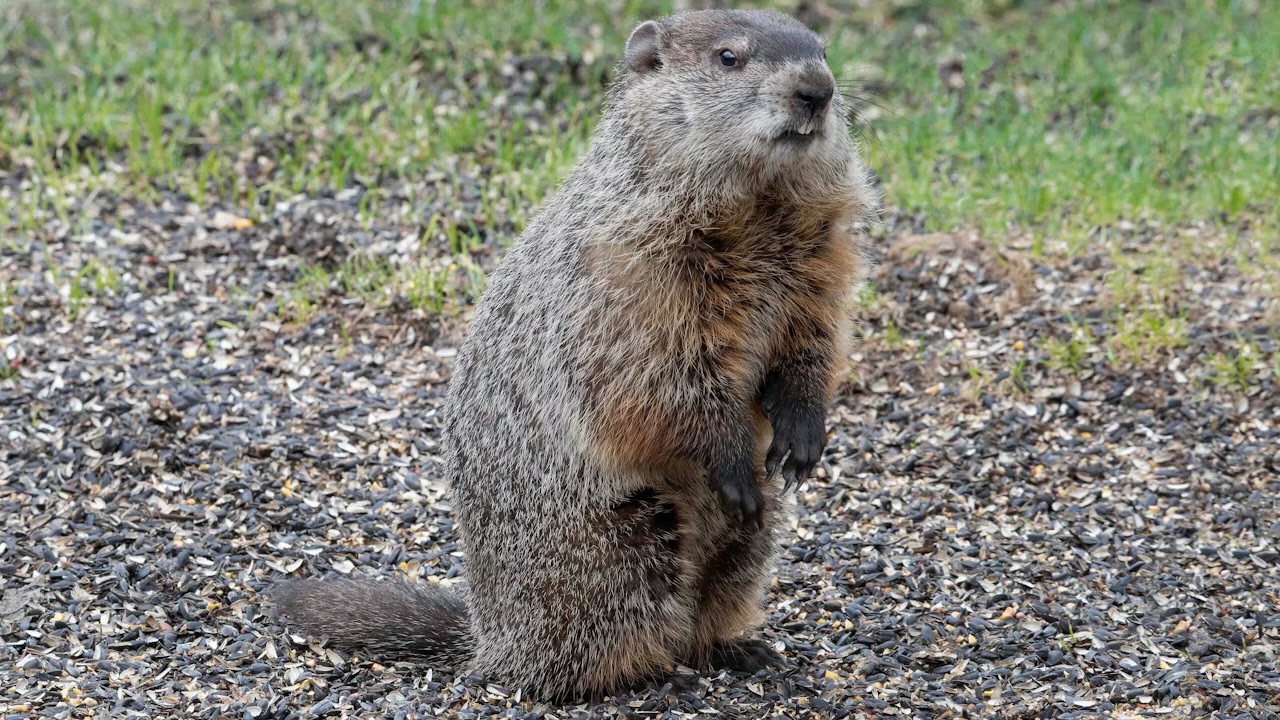
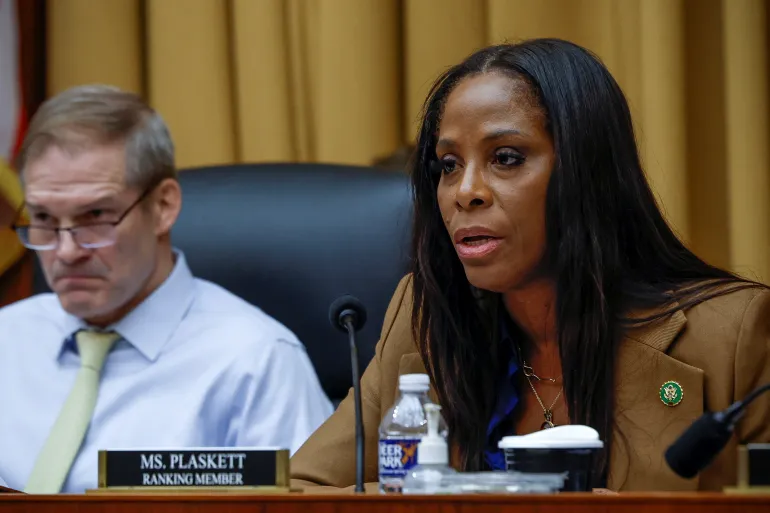
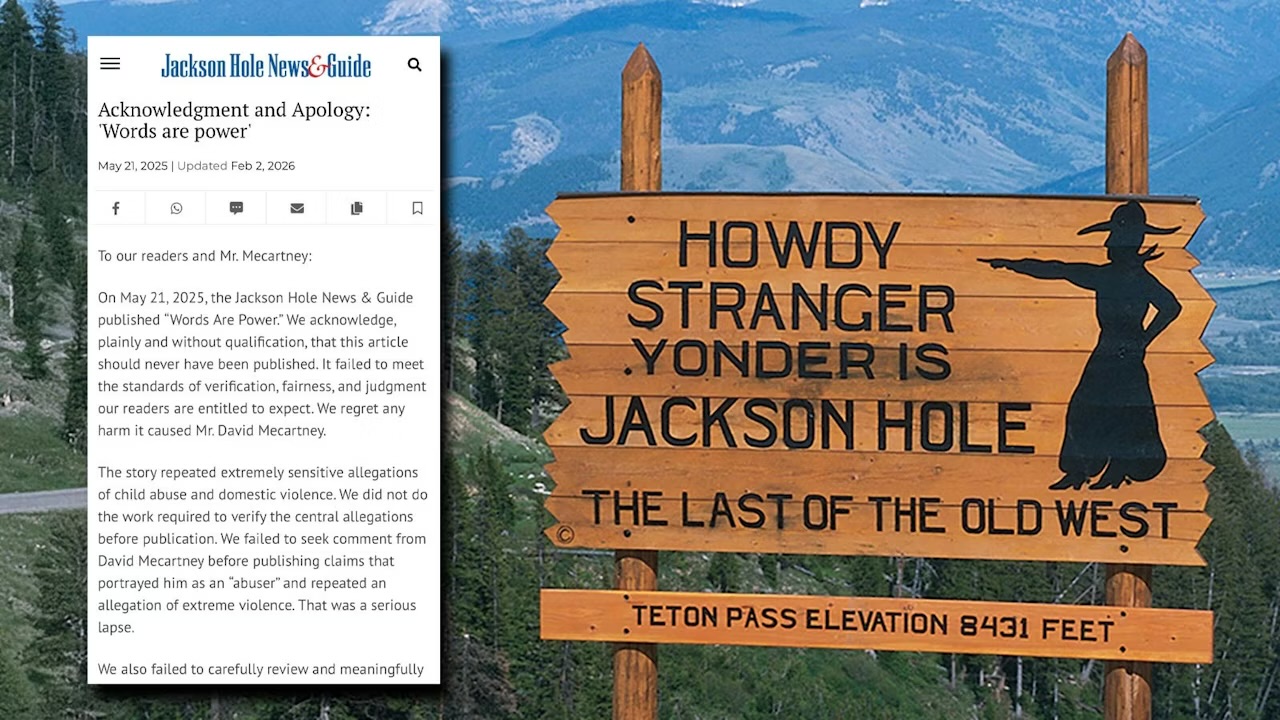
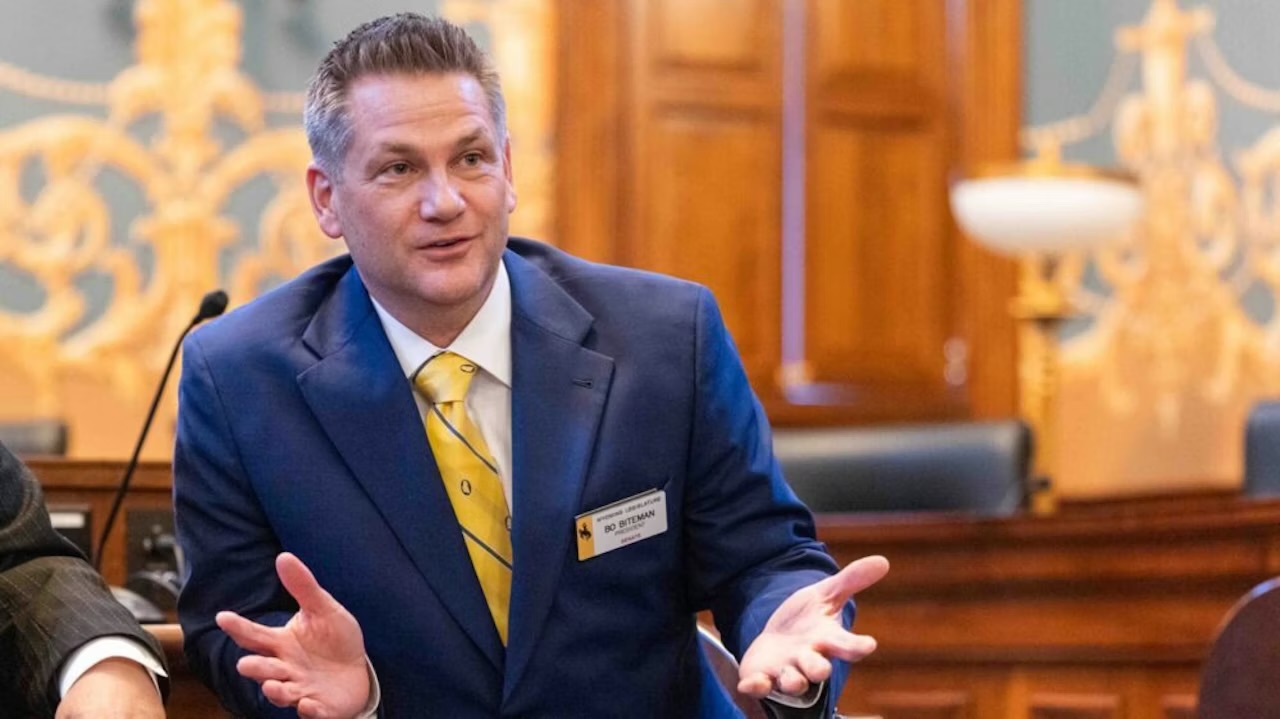
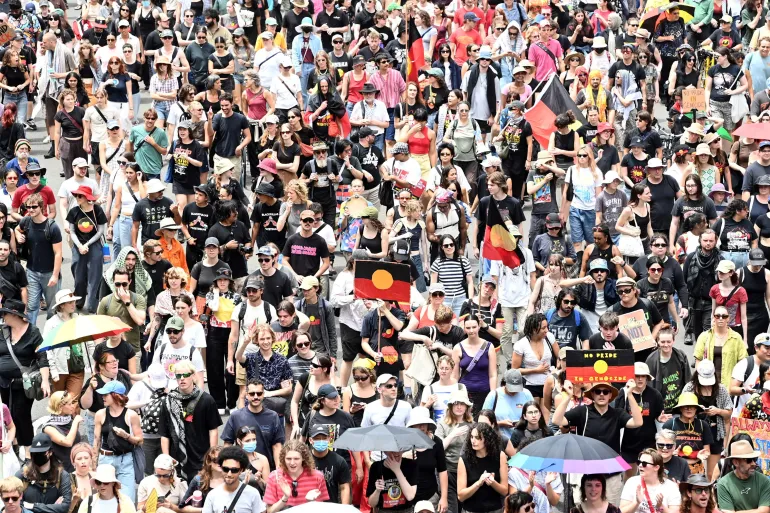
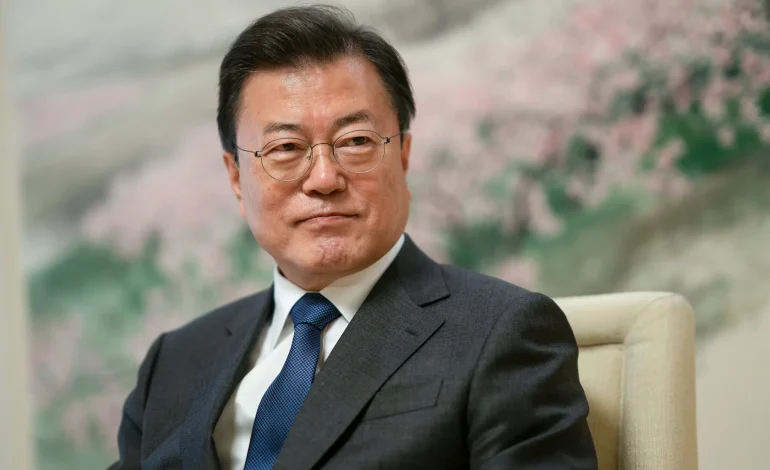




The latest news in your social feeds
Subscribe to our social media platforms to stay tuned